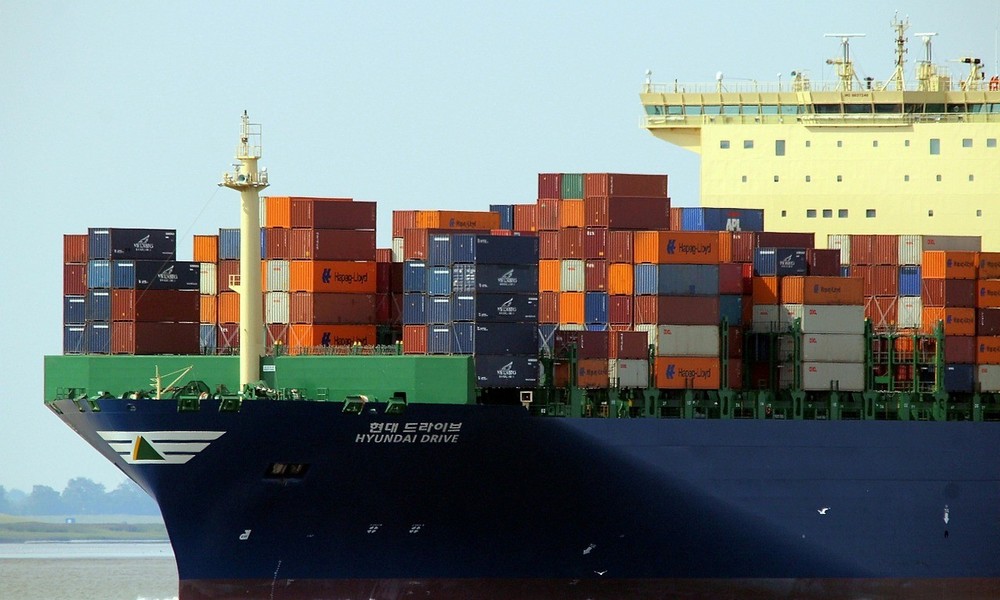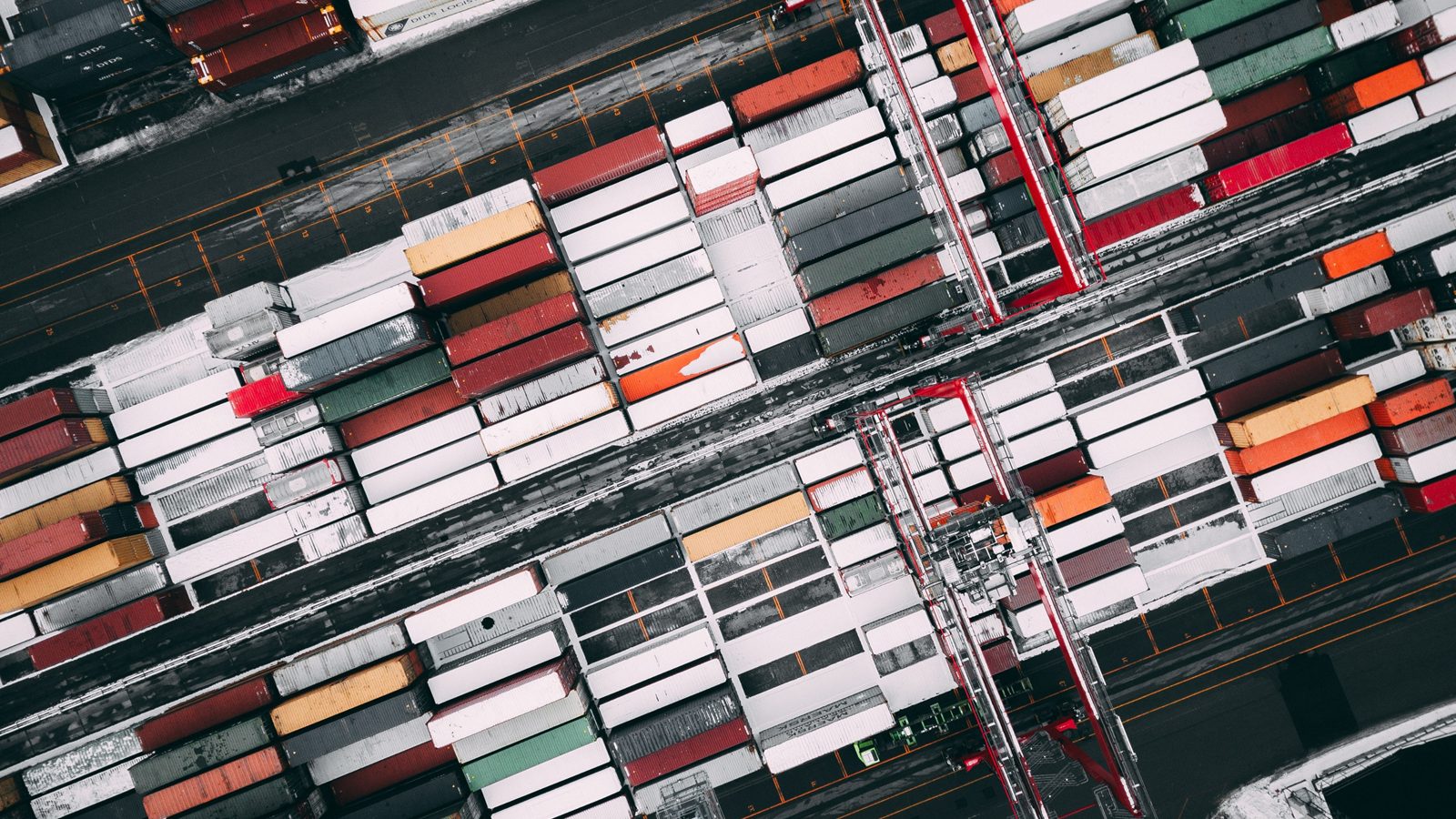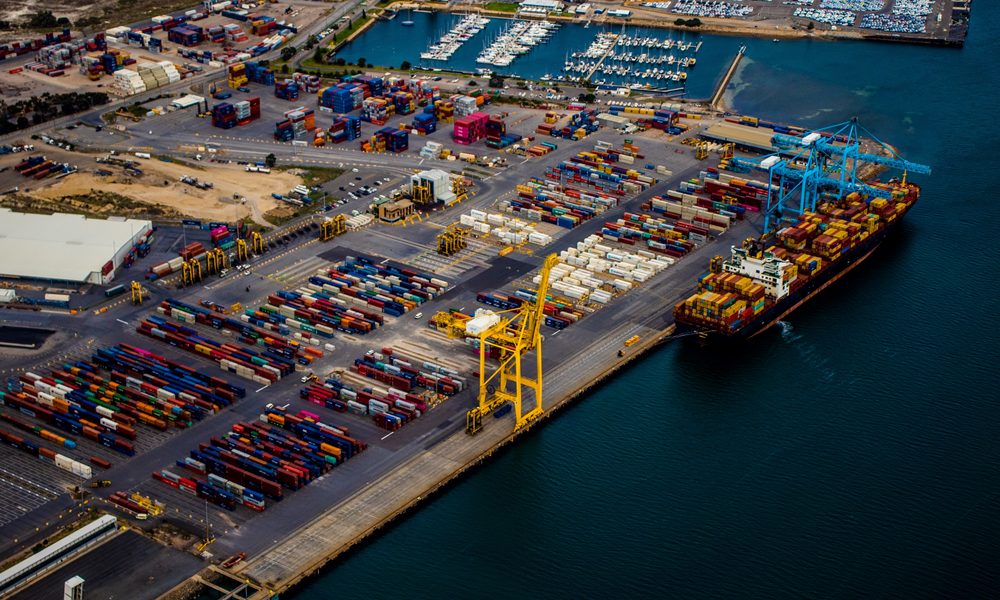Brexit will change many things for UK businesses, especially those who buy from or sell to EU countries. So, how could import and export VAT rules change?
What is the current situation with Brexit?
On 31 January 2020, the UK stopped being a member of the European Union, ushering in a transitional period that will last until 1 January 2021, while the UK and EU attempt to negotiate a new trade agreement.
Until 1 January 2021, existing rules allowing free movement of people and goods between EU countries and the UK will remain the same. The UK-EU trade relationship is very important. The UK exported £291bn of goods and services to other EU countries in 2018, amounting to 45% of all exports. The UK imported £357bn of goods and services from the EU, accounting for 53% of all UK imports.
From 1 January 2021, trade terms between the UK and EU might largely remain the same, with no (or limited) new import tariffs introduced, although there will be new border checks to ensure regulatory compliance. Alternatively, there could be new import tariffs and quotas that increase costs (possibly significantly) for UK businesses that sell to customers in the EU.
The conclusion of a new UK-EU trade deal could also change import and export VAT rules. To better understand how VAT rules could change from 1 January 2021, let’s first look at how they are now.
Current import and export VAT rules
-
![Freight container ship]()
VAT is charged on most goods and services sold within the UK and EU. UK goods sold/sent to an EU country are called “dispatches”. They’re called “exports” if sold/sent to other countries.
-
![Overhead shot of freight ship]()
VAT is payable by businesses that bring goods into the UK. Rules depend upon whether goods come from an EU country or elsewhere.
-
![Young startup entrepreneur small business owner working at home, packaging and delivery situation.]()
VAT isn’t payable on goods exported by UK businesses to non-EU countries and EU VAT-registered businesses. UK or other EU country VAT is charged on goods sold to EU consumers, subject to distance-selling thresholds.
-
![Bridge with lorries driving over]()
For services, “place of supply” rules determine the country in which you need to charge and account for VAT. If you’re in the UK and the place of supply of your service is an EU country, you don’t pay UK VAT.
-
![Businessman signing document]()
If you sell goods to a non-VAT registered customer in an EU country, you apply VAT as you would to a UK sale. In all cases, you must retain proof that the goods have left the UK.
-
![Aerial view of industrial port]()
If your VAT-registered business buys goods from an EU country (called “acquisitions” or “arrivals”), VAT is not payable. If you’re not VAT-registered, VAT is payable. Local VAT/purchase taxes are not payable on goods (“imports”) received from outside EU. But VAT will be charged at the UK point of entry.
How could VAT rules change post transition period?
In August 2019, the government published guidance online called VAT for businesses if there’s no Brexit deal. It stated:
“If the UK leaves the EU without a deal, the government’s aim will be to keep VAT procedures as close as possible to what they are now. This will provide continuity and certainty for businesses.
“However, if the UK leaves the EU with no agreement, there will be some specific changes to the VAT rules and procedures that apply to transactions between the UK and EU member states. The government has taken decisions and actions where necessary to mitigate the impacts of these changes for businesses.”
- In a “no-deal” scenario, according to the government: “Current rules for imports from non-EU countries will also apply to imports from the EU.” It will introduce “postponed accounting for import VAT on goods brought into the UK”. This will enable UK VAT-registered businesses to account for import VAT on their VAT return, rather than paying import VAT when goods arrive at the UK border.
- Goods entering the UK as parcels sent by overseas businesses will be liable for VAT, unless they contain zero-rated items, such as children’s clothing.
- Distance-selling arrangements will no longer apply to UK businesses exporting goods to EU consumers, which means UK businesses will be able to zero-rate sales to EU consumers.
- VAT-registered UK businesses will still be able to zero-rate sales of goods to EU businesses, but won’t have to complete EC sales lists (there will be will be changes to how these sales are recorded).
- EU Member States will treat goods entering from the UK in the same way as those coming from other non-EU countries, with import VAT and customs duties due on arrival.
- “Place of supply” rules for UK businesses supplying services into the EU are likely to remain the same.
The above is merely an overview of some of the VAT rule changes that could happen if the UK and EU cannot agree a new trade agreement. Some may not happen, if a trade agreement is negotiated (which is the UK government’s stated aim).
Where to get more Brexit advice on VAT
Government website GOV.UK contains a huge volume of information and advice intended to help you “Prepare your business or organisation for Brexit”. Site visitors (including business owners) can answer questions to narrow down guidance to suit their circumstances and needs. You can also read VAT for businesses if there’s no Brexit deal.
There really is no substitute for tailored professional advice from an expert on international trade VAT rules. Their advice should be informed by their knowledge of latest negotiation developments between the UK and EU. Many things are yet to be decided.
You can ring the government’s Business Brexit Helpline on 0300 2000 900 (Monday to Friday, 9am to 6pm) for advice.
For more information on calculating VAT, use our Online Calculator.
















